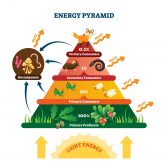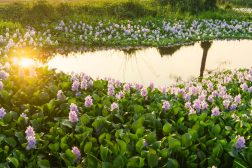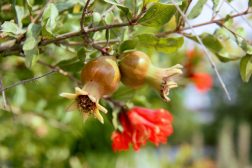mushroom
1. (Science: botany) An edible fungus (agaricus campestris), having a white stalk which bears a convex or oven flattish expanded portion called the pileus. This is whitish and silky or somewhat scaly above, and bears on the under side radiating gills which are at first flesh-coloured, but gradually become brown. The plant grows in rich pastures and is proverbial for rapidity of growth and shortness of duration. It has a pleasant smell, and is largely used as food. It is also cultivated from spawn. Any large fungus, especially one of the genus Agaricus; a toadstool. Several species are edible; but many are very poisonous.
2. One who rises suddenly from a low condition in life; an upstart.
Origin: OE. Muscheron, OF. Mouscheron, F. Mousseron; perhaps fr. Mousse moss, of German origin. See Moss.
1. Of or pertaining to mushrooms; as, mushroom catchup.
2. Resembling mushrooms in rapidity of growth and shortness of duration; short-lived; ephemerial; as, mushroom cities. Mushroom anchor, an anchor shaped like a mushroom, capable of grasping the ground in whatever way it falls.
(Science: zoology) Mushroom coral, any coral of the genus fungia. See Fungia.
(Science: botany) Mushroom spawn, the mycelium, or primary filamentous growth, of the mushroom; also, cakes of earth and manure containing this growth, which are used for
4d2
propagation of the mushroom. Mushroom v. To grow or expand rapidly. Mushroom into to grow so much and so rapidly as to change qualitatively
Dictionary > Mushroom
You will also like...

Sigmund Freud and Carl Gustav Jung
In this tutorial, the works of Carl Gustav Jung and Sigmund Freud are described. Both of them actively pursued the way h..

Freshwater Community Energy Relationships – Producers & Consumers
This tutorial looks at the relationship between organisms. It also explores how energy is passed on in the food chain an..

Animal Water Regulation
Animals adapt to their environment in aspects of anatomy, physiology, and behavior. This tutorial will help you understa..

Principles of Hormonal Control Systems
Hormones are essential in the regulation of the activity of the various biological systems of the human body. The ineffi..

Still Water Community Plants
This tutorial looks at the adaptations of freshwater plants for them to thrive in still water habitats. Familiarize your..

Fruits, Flowers, and Seeds
This tutorial deals with the structure and function of flowers, fruits, and seeds. Also included here are the types of f..

